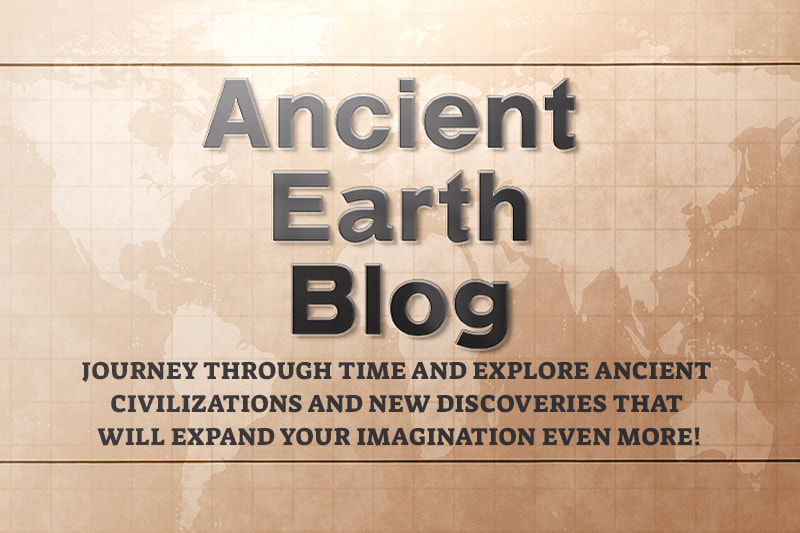|
In some cultures, cow dung has been a valuable commodity for many years. Used as an alternative for firewood, wall plaster and sometimes even medicine, this free resource is now being converted into clean energy fuel for diesel-thirsty tractors in the farming industry.
0 Comments
Photo of Tom Paladino alongside the micro-photograph of the Epstein-Barr virus. Scalar light originates from the Sun of our solar system as well as the stars, thereby permeating
the universe. Scalar light is the Omnipresence of God as this infinite light transcends time and space. Thus, all action in the universe is created and governed by scalar light which operates in a divine, holographic paradigm. Photo credit: Pixabay The world around us becomes more polluted and overpopulated; vehicles continue to emit toxins into the atmosphere. The levels of air pollution we breathe are becoming more dangerous. Currently, 9 out of every 10 people breathe polluted air, which annually leads to 7 million deaths.
Life-giving energies harnessed by the pyramid had a significant regenerating effect on the land and all the products stored inside: from wines and seeds to fruits and vegetables.
When researching archaeological sites located in a largely populated area, you have to decide where to excavate to get the best results. Here, ground-penetrating radars (GPRs) will come to help scientists! This technology has been used by the military since the 1970s and became available approximately in the mid-1980s.
An important aspect of engaging younger kids towards science is to add the element of fun in the learning process. Younger kids in the age group of 5-7 are inquisitive about the world around them. They want to experience new things and learn from them through exploration. This curiosity in kids can be used positively by involving them in DIY science projects. We will highlight this point by using an example science project with a clear learning outcome.
The ethical justification of the world order is the main cause of modern creativity in metaphysics. It fills the gap left by science in its texts. The world demonstrates a dual approach to knowledge, and we must realize this duality.
Since ancient times, the use of river energy has been an important factor determining the development of civilization. In this long way of the development, the water engine, from the simplest water wheels used in the ancient world to supply water for irrigation, and water mills, transformed into modern hydraulic units for hydropower plants.
Since ancient times, the pyramids of Egypt excite the minds of people with their mystery, form and magical effect on people and objects. It is still unknown who built them. The principle of operation and the purpose of the pyramids is a mystery as well.
Taking care of the ecosystem, making a feasible contribution to improving the state of the environment is not just a fashionable trend. The understanding of responsibility for the fate of the planet that suffers greatly from human economic activities gradually enters people's minds.
|
Author
Phoenix Voyagers Archives
January 2023
CategoriesVisit our other blogs!
|
|

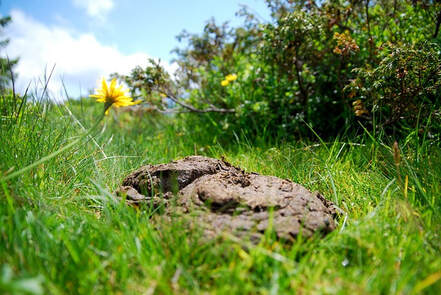
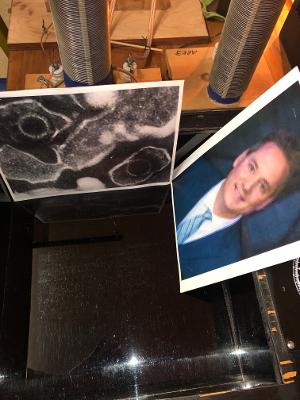
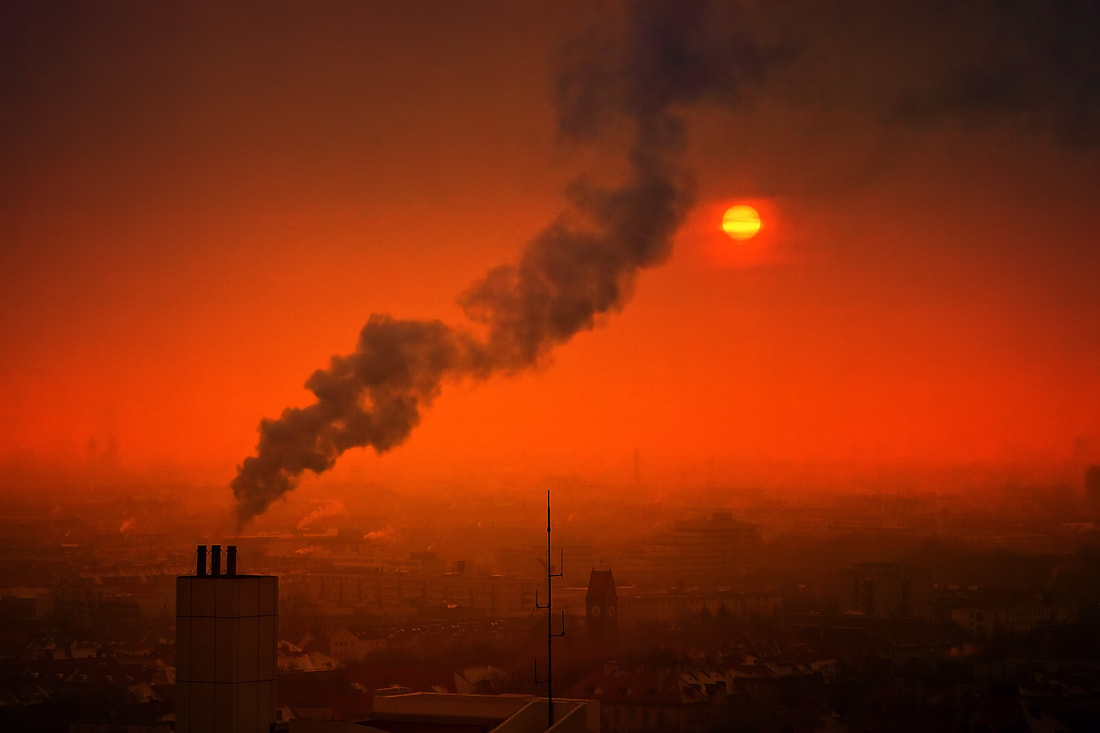


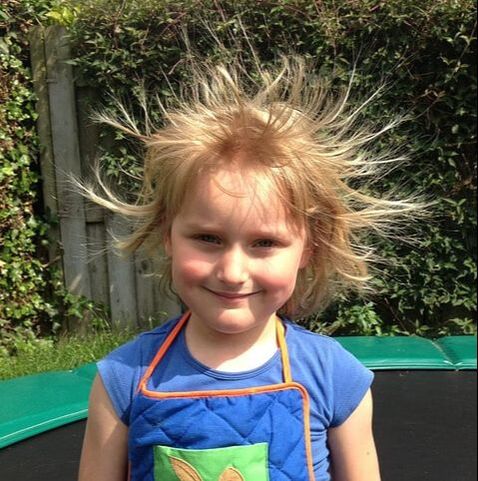




 RSS Feed
RSS Feed

